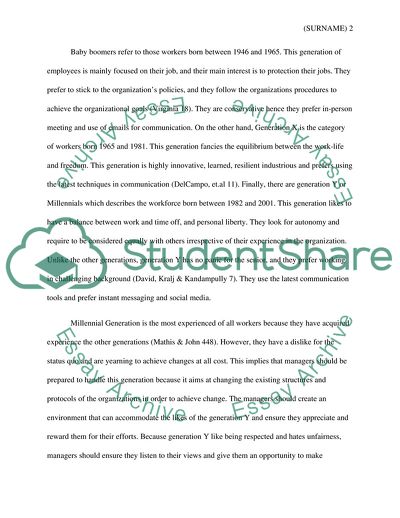Cite this document
(Managing employees from different generations Essay, n.d.)
Managing employees from different generations Essay. https://studentshare.org/human-resources/1811206-managing-employees-from-different-generations
Managing employees from different generations Essay. https://studentshare.org/human-resources/1811206-managing-employees-from-different-generations
(Managing Employees from Different Generations Essay)
Managing Employees from Different Generations Essay. https://studentshare.org/human-resources/1811206-managing-employees-from-different-generations.
Managing Employees from Different Generations Essay. https://studentshare.org/human-resources/1811206-managing-employees-from-different-generations.
“Managing Employees from Different Generations Essay”. https://studentshare.org/human-resources/1811206-managing-employees-from-different-generations.


